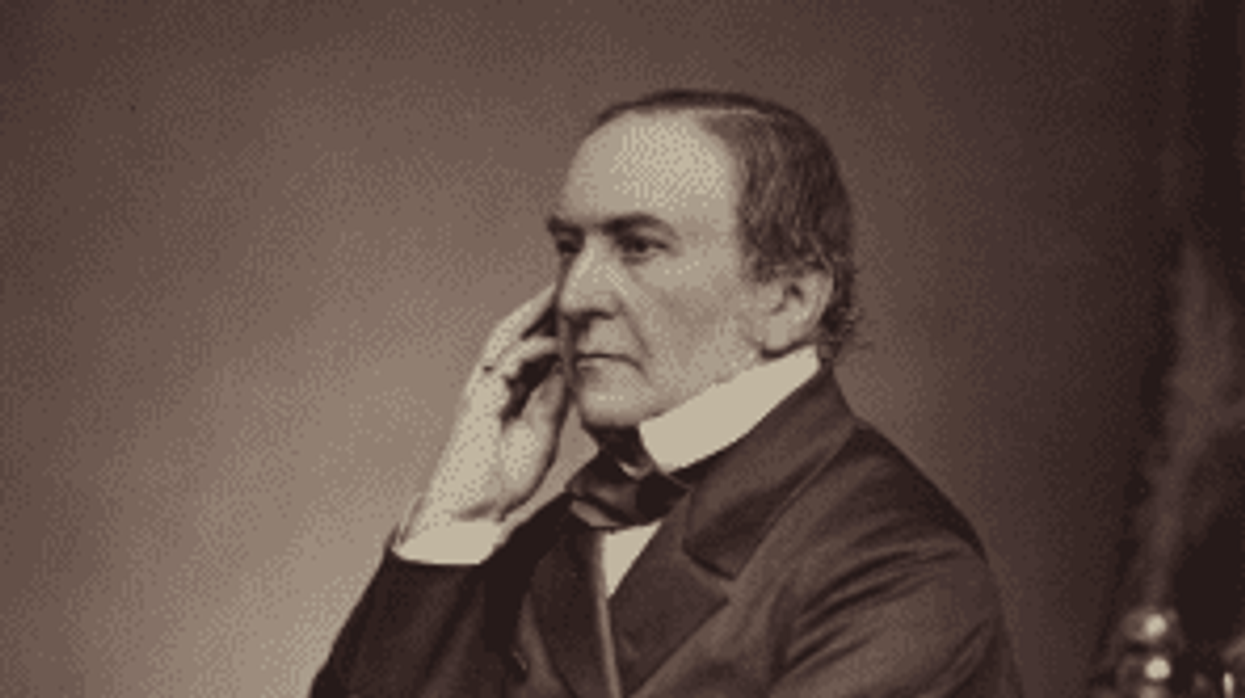THE descendants of former prime minister William Gladstone apologised on Friday (26) for their family's slaveholding past in Guyana, and urged the UK to discuss reparations in the Caribbean.
Gladstone's father was one of the largest slaveholders in the parts of the Caribbean colonised by Britain.
John Gladstone is also believed to have owned two ships that transported thousands of Asians from India and elsewhere to work as indentured labourers after the abolition of slavery in 1834.
"Slavery was a crime against humanity and its damaging impact continues to be felt across the world today," Charles Gladstone, William's great-great grandson, said at a launch for the University of Guyana's International Centre for the Study of Migration and Diaspora.
"It is with deep shame and regret that we acknowledge our ancestor's involvement in this crime and with heartfelt sincerity that we apologise to the descendants of the enslaved in Guyana," he added.
"We also urge other descendants of those who benefited from slavery to open conversations about their ancestors' crimes and what they might be able to do to build a better future."
The Gladstones also apologised for their role in indentureship.
But his words were met with a strong rebuke by several Guyanese descendants of African slaves present at the university lecture hall.
"It is not accepted," one of them shouted.
The protesters held placards that read: "Your guilt is real Charlie. Move quickly to reparations now," and "The Gladstones are murderers."
Afro-Guyanese activist Nicole Cole, who was among the protesters, said the apology was insufficient.
"No apology can suffice but it is a step towards recognising that a crime was committed and that people's lives have been disrupted," she said.
Charles Gladstone and five other family members vowed to support the work of the new university department and called on the UK to hold talks with the 15-nation Caribbean Community (CARICOM) on reparations.
Besides a "sincere formal apology", the right of repatriation for descendants of "stolen people" and debt cancellation to clean up the "colonial mess", CARICOM is seeking a development programme for their member states' indigenous communities and the funding of cultural institutions such as slavery museums.
Eric Phillips, a member of the CARICOM Reparations Commission, said research showed the British owe the descendants of Africans in Guyana more than $1.2 trillion.
Charles Gladstone said, while he could not comment on the actual monetary figure, the UK and governments in Europe may be "frightened of the amount."
(AFP)
William Gladstone’s family apologises for slave-owning past
The former prime minister's father is also believed to have owned two ships that transported thousands of Asians from India and elsewhere to work as indentured labourers




